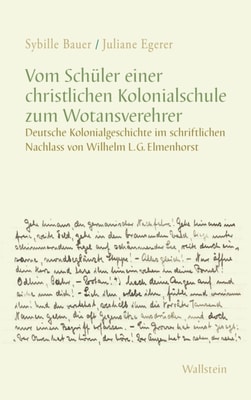Obstáculo para la exposición del género femenino para unos (es básicamente el enfoque de feministas como Hélène Cixous (2010), quien exhorta a las mujeres a escribir "mostrando su género"), acto performativo para otros, el travestismo pretende revelar, siguiendo a la filósofa Judith Butler (2006), la fragilidad de las identidades fijas y el movimiento incesante de la autorrepresentación.





